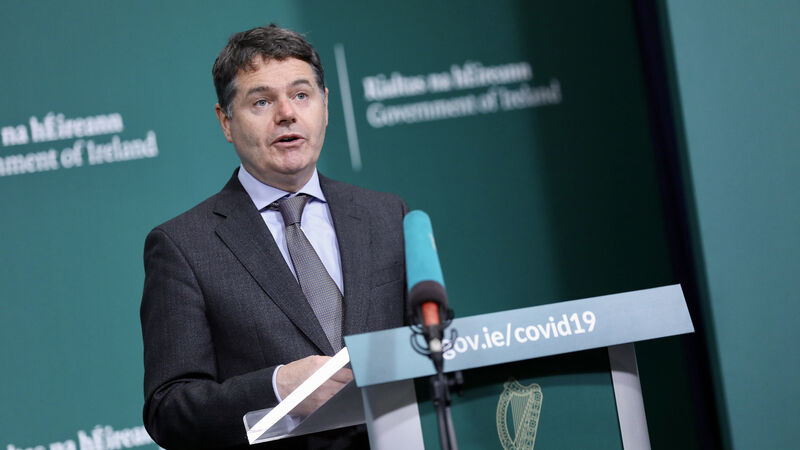€2.7bn temporary wage subsidy scheme comes to an end

The temporary wage subsidy scheme (TWSS) that has supported businesses impacted by Covid-19 restrictions since March closes on Monday and is to be replaced by the new employment wage subsidy scheme (EWSS).
More than €2.7bn has been given to 69,500 employers via the TWSS, covering more than 600,000 workers. The new EWSS will operate until the end of March 2021 and is expected to cost €2.25bn — €1.35bn in 2020 and €0.9bn in 2021.
Finance Minister Paschal Donohoe said the EWSS has been designed with the needs of employers and businesses at its heart.
However, the scheme has been criticised by Sinn Féin's finance spokesperson Pearse Doherty who said there is a risk of permanent job losses in the months ahead.
Under EWSS, for every employee paid more than €203 gross per week, the level of subsidy is €203, and for every employee paid between €151.50 and €202.99, the subsidy is €151.50. No subsidy is payable for employees paid less than €151.50 or more than €1,462 gross per week.
A 0.5% rate of employers PRSI will continue to apply for employments that are eligible for the subsidy.
"Under the EWSS, employees with gross weekly pay of less than €152 per week will not be eligible for any subsidy," said Mr Doherty.
"These workers are now locked out of the new scheme, with potentially dire consequences for their jobs, their incomes, and their families.
“This Government risks causing a jobs crisis in the weeks and months ahead through their actions."
The EWSS is the centrepiece of the Government’s July jobs stimulus. Mr Donohoe encouraged employers and businesses who believe that they will continue to experience a significant decline in their level of turnover or customer orders as a result of the pandemic to avail of it.
“The EWSS is intended to provide employers and businesses with a high degree of certainty that this Government will continue to support them through the uncertain period ahead for the economy and put them in a position to retain key staff end ensure viability so that they are in a strong position as the economy recovers,” said Mr Donohoe.





